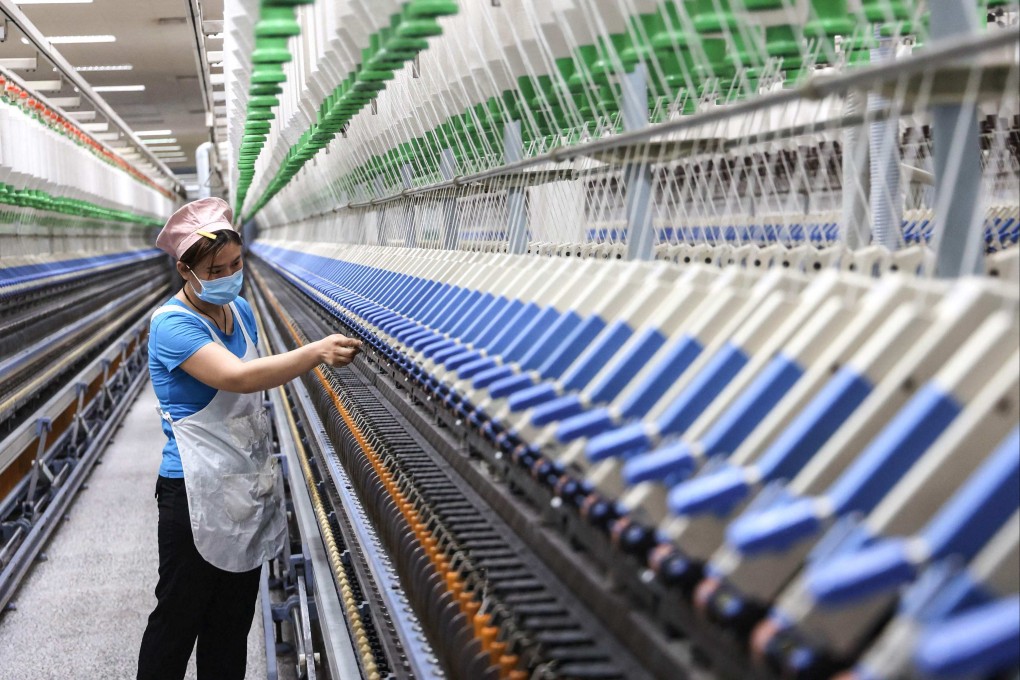China heads off ‘triangular debt’ quagmire with demands for state repayments
- Provincial governments, state-owned enterprises urged to get financial houses in order
- Unique debt structure, where payments are owed between entities as well as to banks, could throttle growth momentum

China’s top leadership is cranking up the pressure on provincial authorities and state-owned enterprises to pay back money owed to private companies, calling on them to “shoulder the responsibility” as the country eyes a sustainable solution to its overall debt load.
A special campaign on “triangular debt”, which refers to a chain of delayed or partial payments, has been launched to untie the multi-trillion-yuan knot that is ensnaring struggling businesses and hindering the country’s growth momentum.
“State-owned enterprises must take the lead,” Premier Li Qiang said at a State Council meeting on Wednesday. “We must make sure that debt owed is paid.”
Triangular debt was a prime motivator for the massive restructuring scheme in the late 1990s, when the government recapitalised its banks to write bad assets off its books. That phenomenon has made an unwelcome return - a byproduct of the pandemic-induced slowdown and state firms reasserting themselves in key industries.
No official figures exist demarcating the size of the burden.
A Bank of China report published in 2022 estimated the total at 6.7 trillion yuan (US$918 billion) as of the middle of 2021, equivalent to 5.8 per cent of the country’s gross domestic product that year.
Zhu Baoliang, an adviser with the State Information Centre - a government think tank under the National Development and Reform Commission - told media in August the volume of outstanding corporate receivables in China had increased by more than 10 per cent in the first half of the year.